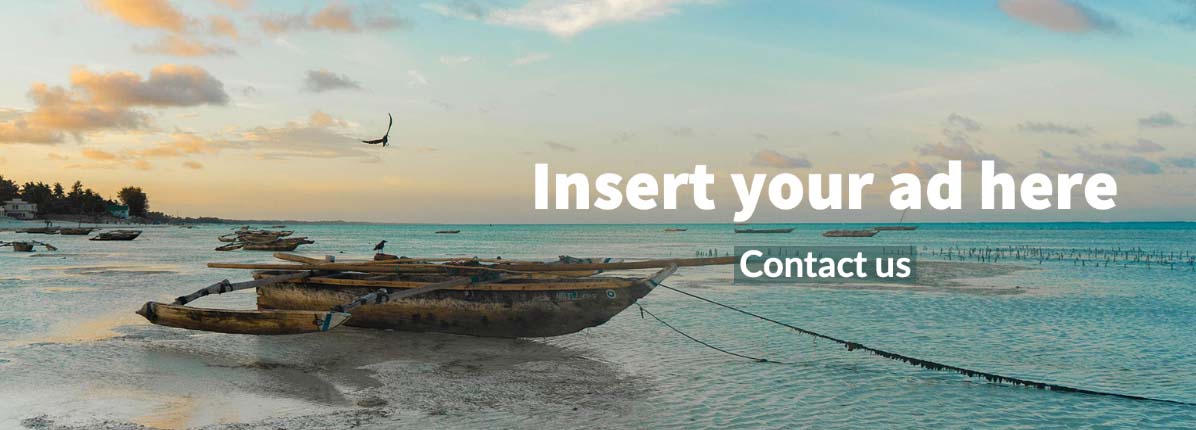Travelling to Nigeria? Here you will find essential travel information and the best hotspots, addresses and places to visit.
Location
Nigeria is located in western Africa and shares borders with Benin, Niger, Chad, and Cameroon. Nigeria has been independent from the UK since 1960.
Geography
The Nigerian landscape is mountainous with several different rain forests. Elephants, giraffes, lions and hippos live deep in nature. The country has a coastline of 853 kilometers, from where you can often see the oil platforms.
Capital
The capital of the Federal Republic of Nigeria is Abuja. Lagos is the largest city in Africa and the former capital of Nigeria. Other major cities are Enugu, Gusau, Ibadan, Oyo and Kano.
Population
The 182 million inhabitants on an area of 923,768 km² (356668 square mile) make Nigeria the most densely populated country in Africa. Residents live primarily from agriculture, livestock farming, and fishing. The oil production in the country accounts for three-quarters of the state’s income.
Language
English and Hausa are the official languages for Nigeria, but there are also many different local languages in the country.
Religion
Nigeria has almost as many Christians as Muslims. In the southern half of the nation, residents are predominantly Christian, and in the northern half most are Muslim. A small minority is not religious or follows a local traditional religion.
Money
The currency in Nigeria is the naira (NGN). The prices in Nigeria are much lower than in western countries. The restaurants especially tend to be cheaper. In Nigeria, it is custom to give a tip of about 5%.
Climate
Nigeria has a tropical climate. Along the coast, the temperature is always 25 to 35 degrees Celcius (77℉ to 95℉). Inland, the temperatures fluctuate around 30 to 40 degrees Celcius (86℉ to 104℉)
When to go
January, November and December are the best months to travel to Nigeria. It can be very hot or rainy outside of winter. The rain season is usually from April to September.
Sights
Lagos has 21 million inhabitants and is the largest city in Africa. The metropolis is the economic and cultural center of Nigeria, with a number of interesting museums that are worth visiting, such as the Nike Art Gallery and the National Museum.
From the city of Oshogbo you can visit the sacred forest where the Yoruba tribe honors their goddess of fertility. Canoe is the oldest city in western Africa, recognizable by the sandstone houses and the historic city wall. Nigeria is also particularly suitable for a safari. You can find 50 different mammals and 350 species of birds in the Yankari National Park and the Kainji National Park. Nigeria also has the largest diversity of butterflies in the world to complete the idyllic picture.
Time zone
The time zone for Nigeria is GMT+1 all year round. This means it’s the same time in Nigeria as it is in most of the western European mainland, except during the summer. Most European countries have daylight savings time which causes those countries to switch to GMT+2 in the summer. Nigerians never set their clocks an hour forward or backward.
Practical information
A visa is required before departure to Nigeria. For the application of a Nigerian visa you need a number of documents, including two passport photos, a vaccination booklet, invitation letter, bank statement and a travel plan. You can apply for a visa at the Nigerian embassy in your country. Citizens from some countries can get their visa online via the website of The Nigeria Immigration Service. Your passport must be valid for at least another 6 months at the time of the visa application. Start on time with your request, a visa for Nigeria may take a while to obtain.
Transport
Cars drive on the right side of the road in Nigeria. You need an International Drivers Permit (IDP) both drive and rent a vehicle in Nigeria. An IDP can only be bought in your home country. You may also need an (old-) English travel plug or travel plug adapter. Alcohol above the age of 18 is allowed in Nigeria, but as a driver of a (rental) car or motorcycle, you have to be completely sober before you start driving. Punishments for violation of the law can be severe.
Homosexuality is not allowed in all of Nigeria. It is recommended to arrange a designated driver in Nigeria before departure. If you’re not familiar with Lagos it is best to not go from A to B by foot or bicycle due to safety.
Health
It’s mandatory to obtain a cholera stamp in your passport before your trip to Nigeria. This is an indication for border posts that you most likely did not come into contact with cholera. A vaccination for polio is mandatory when staying in Nigeria for longer than 4 weeks and you must keep a vaccination certificate with you so that you can show it when asked.
Visit your GP or local health institute for a vaccination consultation well before your trip. Depending on your health, the area you’re visiting and season of travel vaccinations may include DTP (Diphtheria, Tetanus and Polio), Yellow Fever and Hepatitis A. You may also be offered vaccinations against BMR (Mumps, Measles, Red dogs), Hepatitis B, Tuberculosis, Meningitis, Rabies, schistosomiasis, and viruses carried by mosquitoes such as the zika virus. Malaria also occurs in Nigeria. Your doctor can advise you on how to best protect your health.
Safety
Drinking water from the tap is strongly discouraged. If you can’t buy water in bottles, you should use water purifiers (mostly in the form of tablets) or boil the water for 5 minutes. This also applies to water that you use when brushing your teeth, changing lenses or rinsing vegetables.
The alarm number you can call in case of emergency is 199 or 112. You can use both numbers nationwide to contact police, ambulance or the fire department.
Some Nigerian states are unsafe for tourists. Always check with your government and the embassy in advance for the most recent travel advice. Usually, the foreign affairs department of your government will have this information on a website, but if you can’t find it you should be able to call them about it. Look up the address of the embassy of your government in Nigeria and save the address. Program the emergency number of your embassy in Nigeria in your phone, just in case. Have a safe trip and enjoy!


Recent Comments